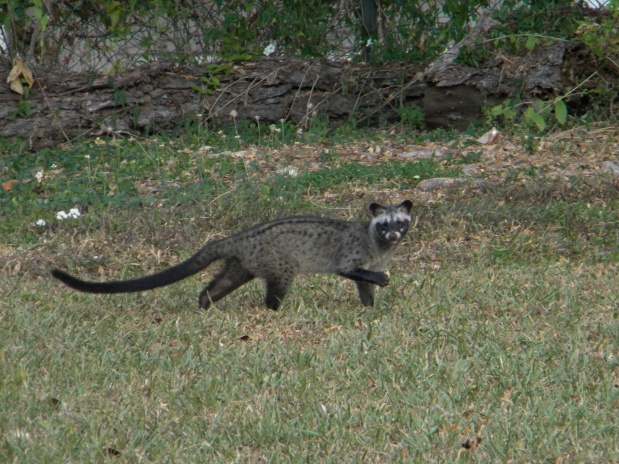“Mr Lee Kuan Yew dedicated his entire life in service of our nation and its people. His leadership was always marked by hope and a sense of collective purpose, inspiring us all to work towards an ever better Singapore. We mourn the passing of an eminent alumnus, an inspirational leader, and a Singapore icon. Our thoughts are with PM and Mrs Lee, and the Lee family during this difficult time.”
– Prof Tan Chorh Chuan, NUS President
“NUS and Singapore have lost a great man. As Prime Minister, Mr Lee Kuan Yew and his team transformed an island with no natural resources into a thriving, cosmopolitan city – all in just one generation. Mr Lee focused on education as a key pillar for national development, and for this, we will always be grateful. We are proud that he was a part of Raffles College and NUS. We are deeply saddened by his passing, and send our condolences to PM Lee, Mrs Lee and the Lee family.”
– Prof Tan Eng Chye, Deputy President (Academic Affairs) and Provost

The NUS community is invited to share their thoughts in memory of Mr Lee on the NUS Facebook page.


